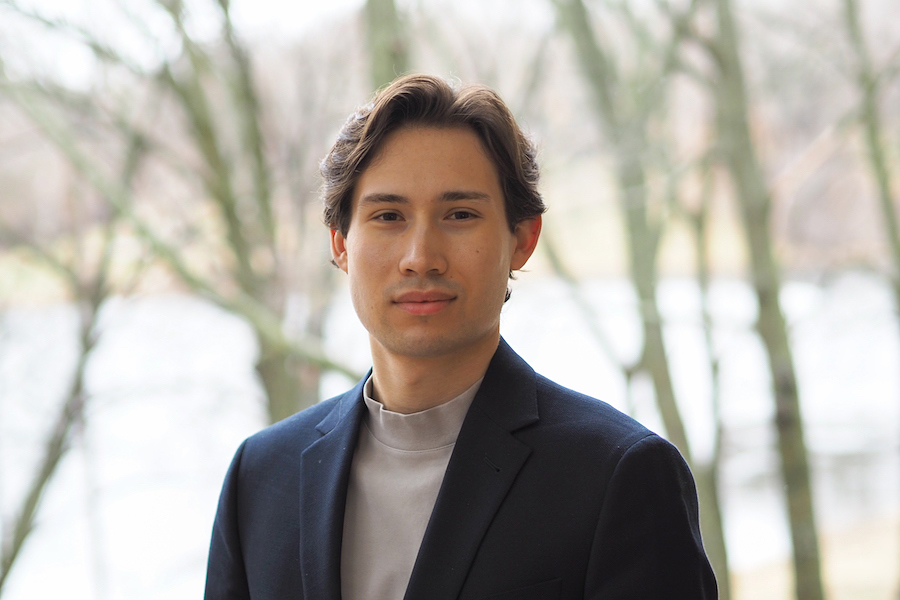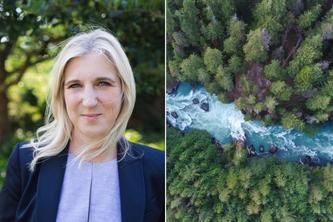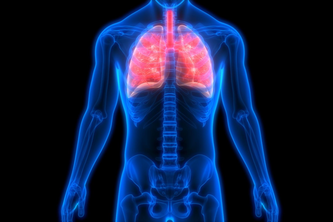
In his freshman year, biomedical engineering senior Benjamin Alva’s biggest goal was to slow the destruction of the world’s coral reefs.
In high school, the Eagan, Minnesota native had learned about the plight of Australia’s Great Barrier Reef, which has lost more than half its coral populations since the 1990s. Scientists predict that by the end of this century, most of the Earth’s coral reefs will be gone.
“Hearing about this problem that's occurring at a massive scale and the immediate climate crisis that’s already unfolding,” Alva said, “I just wanted to do something about it.”
With a friend from Virginia’s Washington and Lee University, he founded Syntrophy, a student group drawing on students from universities across the country to collaborate on engineering projects.
Alva and Syntrophy have been working on a “photobioreactor” that may eventually help save coral reefs by simulating the microenvironments of coral tissue. This would allow scientists to synthetically grow and study zooxanthellae, the symbiotic algae that live in the (animal) tissue of corals and produce energy they need to survive. The student group formed Maverick Bioworks, a startup to eventually commercialize the bioreactor in hopes the zooxanthellae can be genetically engineered to withstand oceanic warming.
From microbes to Mars
Alva also has had three internships with NASA. In one, he studied hot springs at Yellowstone to provide background for the Mars Perseverance rover mission, and in the other two he worked on technology to use carbon dioxide to produce biomaterials on different planets.
After graduation Alva heads to NASA Ames Research Center in Silicon Valley to study biology in conditions similar to the martian surface. He then plans to pursue a Ph.D. in bioengineering at Caltech.
A longer form of this story appears on the College of Science and Engineering website.
- Categories:
- Science and Technology
- Bioengineering
- Climate Change
- Science





